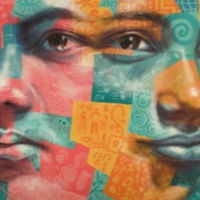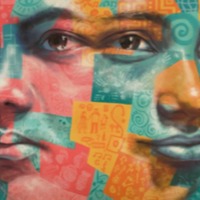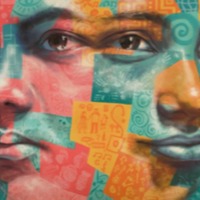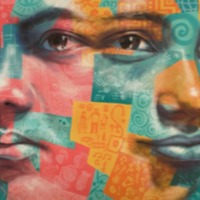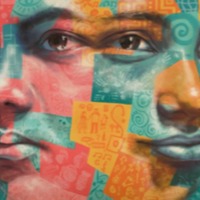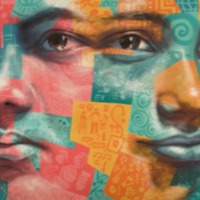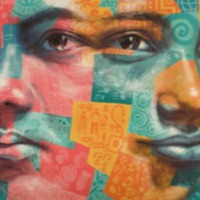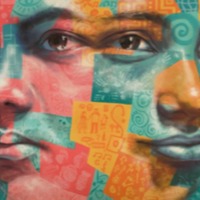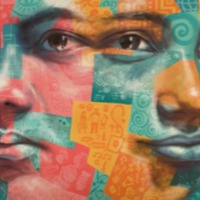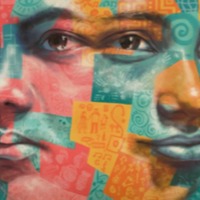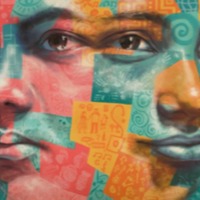
One day, while I was staying at the doorstep, a neighbour, called Ariana [original name changed], came up to me and said: “Come with me, you will be my little sister, you will stay some time with me; we will have a lot to eat and then we will come back again.” But she cheated me. I was 10 years old when I left with Ariana. She was older than me; she was 13 to 14 years old. We also took with us my little sister. We went to a city. I was very afraid of Ariana. She used to beat me and said very often: “I will drown you in the sea”. She introduced me to a lot of boys.... I was forced to stay with them all day long.... They gave me money and she took everything from me. She used to buy a lot of things to eat for herself and gave me nothing. We also went to the capital. There, I used to beg in the street or knock at the doors and ask for money and food.
The police sent us to the police station. He [the trafficker] told to me not to tell the truth. I was so happy that the police had caught us, but in the same time I was so afraid of him.... All the time in the police station I was with him. He told the police that I was his sister and that we had come to [the destination country] to meet our father who was working there. He showed the police the family certificate (the false one). The police handed us over to the police [of our home country] in the customs post. The police [in our home country] questioned us and he told them the same story, that “I was his sister”. I couldn’t talk; I couldn’t tell them the truth. Afterwards, they set us free. We took a taxi, and in a city on our way home, we were stopped by some other policemen. I think they had doubts about us, that’s why they stopped us. I told them the truth. At that moment the guy called his father and his father communicated with the police too. He gave to the police money and they set us ‘free’.
One day, a friend of mine helped me. He gave me money in order to get away from Ariana, but I wasn’t able to get away from her. I was afraid of her.... If I would return home my mother would treat me the same.... I have contacted the police several times. They sent me home. When I turned back home...the friends of my mother continued to pay visits to us every night, I remember that my uncle shouted and beat my mother because of me.... Then, after some time, I met again Ariana. I continued begging and meeting different boys and men.... One day, while Ariana was sleeping, I together with my sister went away and met a policeman in the street. We asked him for help and he returned us home again.... My mother didn’t want us back, I continued to meet with the friends of my mother...but not very often, because my mother was afraid of my uncle.
As told to UNICEF Innocenti Research Centre
